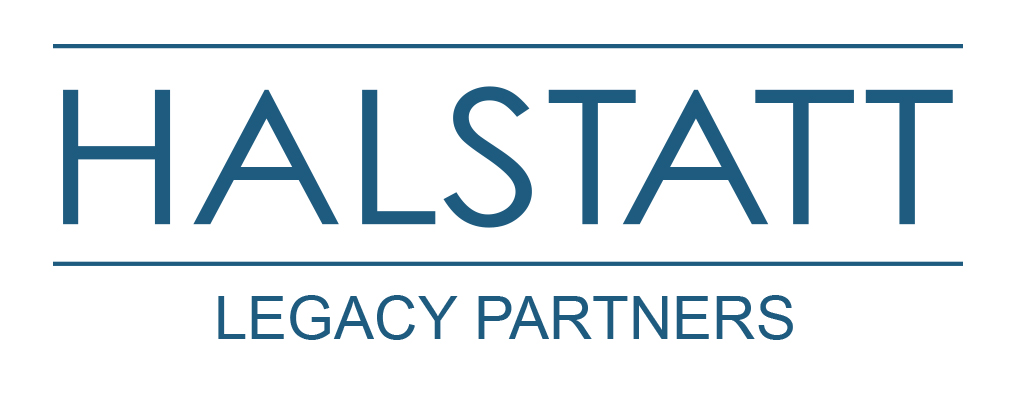Deal Sourcing
Our recommendation: utilize a blended proprietary and broker-focused approach. Spend your first two months training a capable team of interns while also cultivating a collection of broker relationships. Use those brokers as sources of hypothetical deals to help teach the interns what you’re looking for. After that point, outsource the maintenance of the broker network to your interns, and only hop on the phone when they have discovered a promising deal. Spend most of your time on a proprietary search after that (with interns doing the heavy lifting).
Proprietary methods: One-on-one direct outreach (mail, email, telephone) between the entrepreneur and business owner.
Advantages: it’s unlikely that someone else will have seen the deal recently, and there is no one to interfere in the relationship between you and the seller. Two decision-makers negotiating directly.
Disadvantages: this is a high-volume, low-conversion rate method. Expect to convert 3%-10% of your communications into actual discussions. Conversion is low because it’s impossible to know whether they’re a seller until they respond. Owners are good at running their business, not necessarily selling their business. This means that entrepreneurs must do more work to manage the deal process and to understand exactly what’s going on with the company.
ReferenceUSA.com (an academic source, so requires interns to access via campus systems)
Data.com (within Salesforce.com)
Industry and regional business associations
Individual states’ Department of State (eq. Sunbiz.org) have databases of every business within the state
Upwork.com as a source of contract researchers who can efficiently mine data for seller contact information
Brokers & Bankers: Hired for the expressed purpose of marketing the company to interested buyers. They are paid a fee based on the price paid for the business. Build a one-on-one relationship with a seller as quickly as possible.
Advantages: Brokers are retained by people who intend to sell their company. Brokers can help prepare a company for sale, so that financial and corporate information is reasonably well prepared before the company goes to market. Brokers can sometimes help manage the seller through the deal process.
Disadvantages: Because brokers are paid based on the sale price, they have an incentive to create the perception of competition to increase perceived value. The can often interfere with an entrepreneur’s attempts to build a relationship with the seller, and to learn about the business.
One thought on investment bankers… no matter how you finance your search, you’re not likely to win an auction process. If the deal is represented by an investment banker and/or you hear “competitive bid” process, stop the conversation.
Intermediaries & Advisors: Business service providers: accountants, attorneys, commercial bankers, insurance brokers, etc...
Advantages: they often have long-term relationships with business owners, often serve an advisory role. Accordingly, they may know when an owner is thinking like a seller. Their opinion can be very influential during a negotiation. They tend to be highly networked in local communities. If you have a specific geographic focus, this might be a smart group with which to build relationships.
Disadvantages: These people make a living providing their service, not making deals. Accordingly, outreach to these parties is often a low-yield proposition. They just don’t see many deals. Also, they may try to position themselves as a deal professional, which can be counterproductive in the deal-making process.
Your Network:
I would definitely advise an entrepreneur to tell everyone she’s ever met about the search for a company to acquire
The difficulty of the “network” approach is that most people’s networks are not very deep, so it doesn’t take very long to exhaust them
